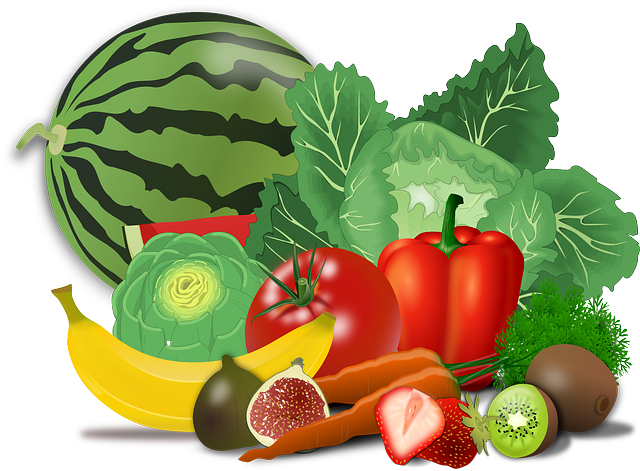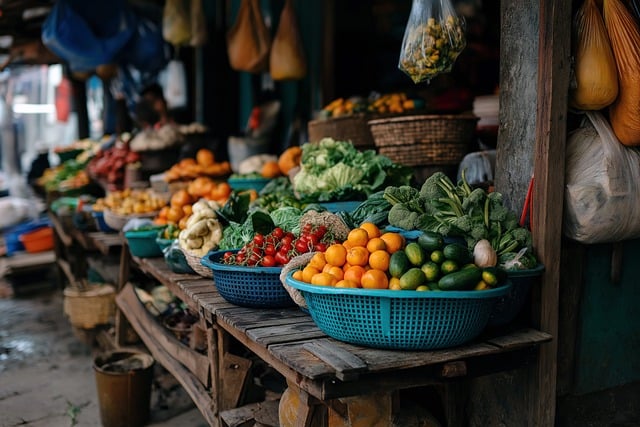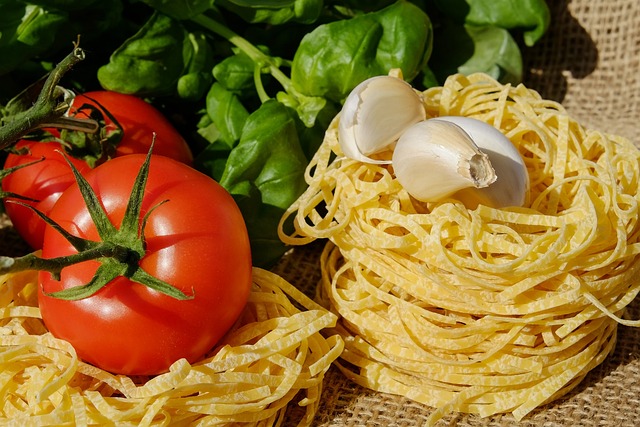Supporting local farms through Local Food Delivery and Meal Preparation services brings numerous benefits like promoting sustainable agriculture, strengthening community connections, and enhancing food security. While these services offer convenience and reduced carbon footprints by minimizing transportation distances, they also face challenges like packaging waste and energy consumption. Efficient meal preparation can solve these issues, fostering direct farmer-consumer relationships and transparency in sustainable farming practices. By embracing innovative solutions, Local Food Delivery and Meal Preparation can drive robust, resilient food systems.
The rise of local food delivery services has transformed how we access fresh, locally-sourced produce. This trend not only caters to growing consumer demands for sustainable food choices but also significantly impacts small farms. By exploring the benefits of supporting local farms through meal preparation and delivery, this article delves into the role of these services in fostering sustainable food systems. We’ll navigate challenges and opportunities, highlighting how local food delivery can be a game-changer for both farmers and consumers alike.
- The Rise of Local Food Delivery Services and Their Impact on Small Farms
- Benefits of Supporting Local Farms Through Meal Preparation and Delivery
- Navigating the Challenges and Opportunities for Sustainable Food Systems
The Rise of Local Food Delivery Services and Their Impact on Small Farms

In recent years, the local food delivery scene has experienced a significant surge, driven largely by evolving consumer preferences and technological advancements. Platforms that facilitate direct connections between consumers and local farms have gained immense popularity. This shift towards local sourcing is not just a trend; it’s a conscious effort to support sustainable agriculture and strengthen community bonds. With a focus on fresh, seasonal produce and meal preparation, these services are reshaping the way we access and appreciate our food.
The impact of this rising trend on small farms has been profound. Local food delivery services provide an accessible market for farmers, allowing them to bypass traditional distribution channels and reach customers directly. This direct-to-consumer model offers several advantages, including fairer prices for farmers, reduced food miles, and a more transparent supply chain. As a result, small farms are not only able to maintain their operations but also thrive by meeting the growing demand for locally sourced meals and prepared foods.
Benefits of Supporting Local Farms Through Meal Preparation and Delivery

Supporting local farms through meal preparation and delivery has numerous advantages for both communities and the environment. One of the key benefits is the promotion of sustainable agriculture. By directly sourcing ingredients from nearby farms, food delivery services reduce the carbon footprint associated with long-distance transportation, minimizing the environmental impact of food production.
Additionally, this practice fosters a stronger connection between consumers and their food sources, encouraging a deeper understanding and appreciation for local agriculture. Moreover, it provides economic support to small-scale farmers, allowing them to thrive and continue producing fresh, high-quality produce. Local food delivery and meal preparation services contribute to the overall well-being of the community by enhancing food security and promoting healthy eating habits through access to nutritious, locally grown ingredients.
Navigating the Challenges and Opportunities for Sustainable Food Systems

Navigating the challenges and opportunities for sustainable food systems involves a delicate balance between accessibility and environmental responsibility. On one hand, local food delivery services have surged in popularity, offering convenience and supporting local farms by reducing transportation miles. However, the rise of meal preparation kits and on-demand deliveries presents logistical hurdles, such as packaging waste and energy consumption, which must be addressed to maintain ecological sustainability.
Meal preparation, when done efficiently, can minimize these issues by optimizing ingredient usage and reducing food waste. Furthermore, local food delivery platforms have an opportunity to foster direct relationships between farmers and consumers, promoting transparency and education around sustainable farming practices. By embracing innovative solutions and adhering to eco-conscious principles, local food delivery can evolve into a powerful driver for building robust and resilient food systems.
The integration of local food delivery services with meal preparation has significantly boosted the sustainability of small farms, providing them with a direct and lucrative market access. By prioritizing locally sourced ingredients, these services not only enrich the culinary experiences of consumers but also contribute to the economic vibrancy of rural communities. Despite the challenges of coordination and logistical management, the growing demand for local food delivery underscores a compelling trend towards more sustainable and resilient food systems. As consumers become increasingly conscious of their dietary choices’ environmental impact, supporting local farms through meal preparation and delivery services offers a promising path forward for fostering healthier ecosystems and stronger regional economies.






